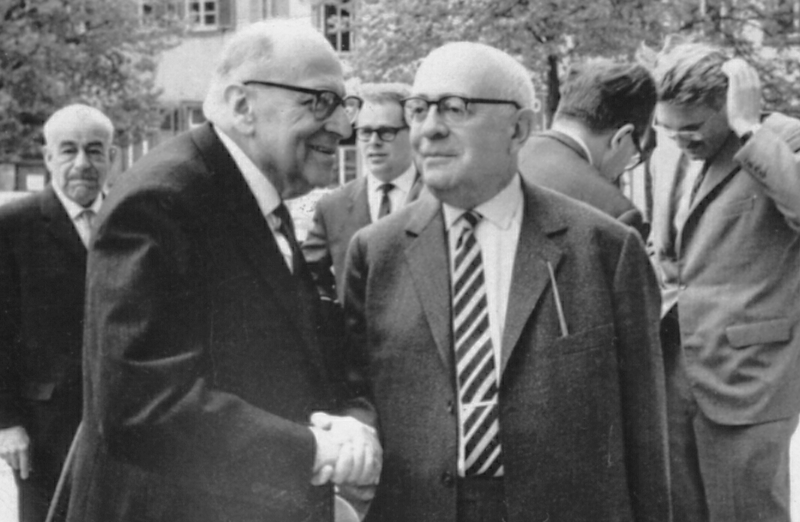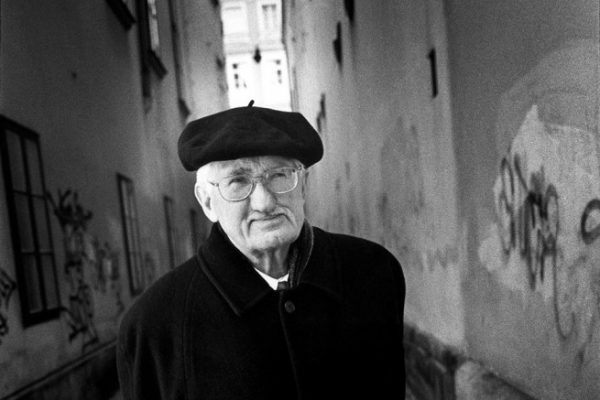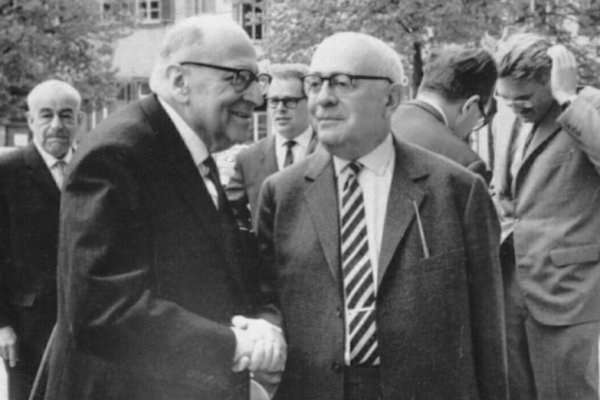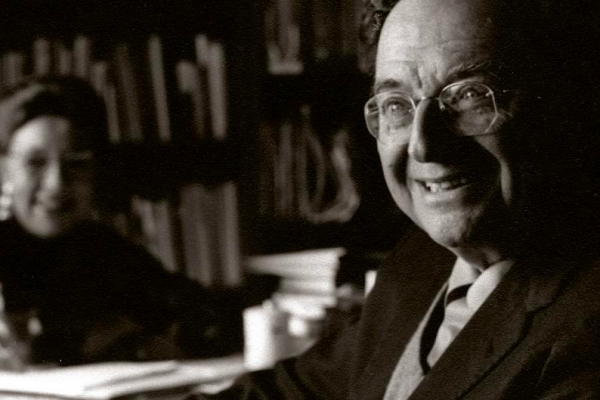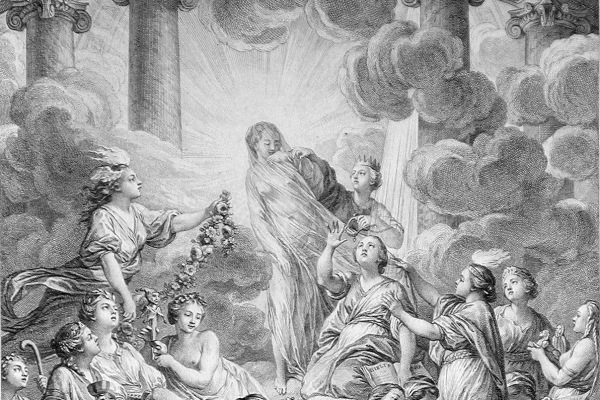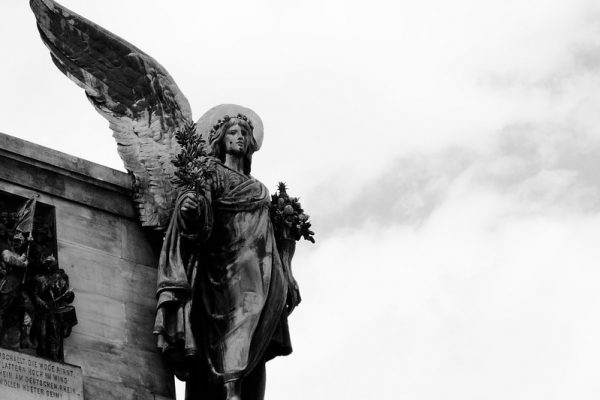2023 marks one hundred years since the founding of the Institute for Social Research. Better known today as the Frankfurt School, the Institute’s theorists—among them Max Horkheimer, Theodor Adorno, Herbert Marcuse, and Jürgen Habermas—established a reputation as trenchant and sophisticated analysts of twentieth-century capitalism. Recent trends have also underscored their prescience.
Consider Prophets of Deceit, a 1949 study of the “techniques of the American agitator” by less familiar Frankfurt associates Leo Löwenthal and Norbert Guterman. According to intellectual historian Charles H. Clavey, the strategies discussed in Prophets—scapegoating immigrants, developing conspiracy theories, and cultivating a sense of persecution—foretold Donald Trump and his imitators. Trump may have lost the 2020 election, but the “social malaise” that enabled his rise persists. “Perhaps the most important lesson to be gotten from reading Prophets in the age of Trump,” Clavey concludes, “is that he is not an exception to postwar U.S. society but rather its inevitable fulfillment.”
For philosopher Seyla Benhabib, the ascendance of global right-wing nationalism and the sharpening of great power rivalries highlights the need to put “critical inquiry once more in the service of autonomy and emancipation,” as Horkheimer intended with his original 1937 formulation of critical theory’s mission. Unwilling to give in to “today’s widespread ‘left-wing melancholia,’” Benhabib argues that the “task of critique is interminable; it needs to confront ever-new forms of injustice, oppression, exploitation, and marginalization.”
Other essays on this week’s list include Vivian Gornick on Lawrence J. Friedman’s “thoroughly absorbing” biography of Erich Fromm; Peter Gordon on the left’s “shattered dreams”; Ronald Aronson on the fiftieth anniversary of Marcuse’s One-Dimensional Man; John Merrick on the fragility of progress; Andy Battle’s Benjaminian interpretation of the 1974 British cult classic Penda’s Fen; and much more.
Fifty years later, One-Dimensional Man looks more prescient than its author could have imagined.
A biography reveals Habermas's commitment to a democratic ideal.
The Frankfurt School on the appeal of authoritarianism—and how to counteract it.
There is still much to learn from the radical legacy of critical theory.
In the 1974 cult-classic teleplay Penda’s Fen, the past holds the key to escaping the catastrophic present.
Is a centralized European Union compatible with democracy?
In a sweeping history of Western philosophy, Jürgen Habermas narrates the progress of humanity through the unfolding of public reason.
Pestilence and plague have often prompted waves of apocalyptic thinking, calling into question the steady march of progress in human history.
